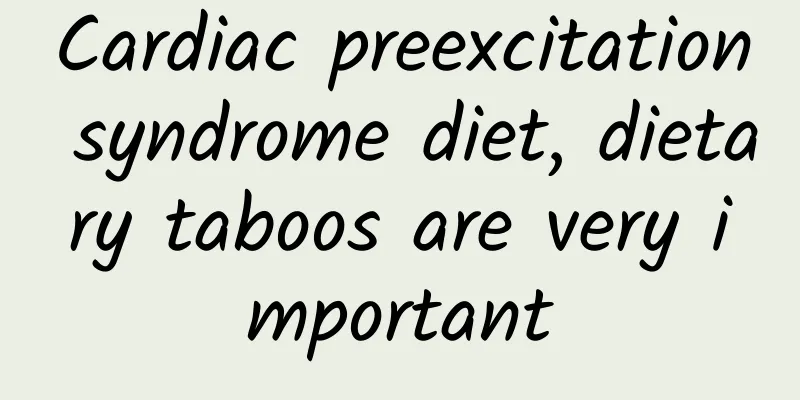What are the symptoms of qi deficiency and sinking in women?

|
The typical manifestations of Qi deficiency are weak speech or lack of energy, frequent fatigue and unwillingness to talk, and some people have a slightly pale complexion. So what are the symptoms of qi deficiency in women? What are the symptoms of female qi deficiency? The pathological manifestations of Qi deficiency can involve all aspects of the body. For example, Qi deficiency will lead to weakness in the defense of the body, loose skin, and easy sweating; Qi deficiency will cause malnutrition of the muscles of the limbs, and fatigue and weakness all over the body; Qi deficiency will cause the clear yang to fail to rise, and the clear orifices to fail to be nourished, resulting in mental fatigue, dizziness, and tinnitus; Qi deficiency will lead to weakness in leading the blood circulation, and the pulse will be weak or fine; Qi deficiency will lead to imbalance in water metabolism, failure of water transformation, and obstruction of water distribution, which can lead to condensation of phlegm into drink, and even excessive water evils leading to edema; Qi deficiency can also lead to decreased function of the internal organs, thus manifesting a series of signs of internal organ weakness. Qi deficiency and Yang deficiency Qi deficiency may cause pale complexion, dizziness, shortness of breath, laziness to speak, fatigue, and even fainting. In addition to the symptoms of qi deficiency, yang deficiency also includes fear of cold, cold limbs, spontaneous sweating, a slow or late and weak pulse, and a fat and pale tongue with a white tongue coating. a. Heart Qi deficiency, in addition to the above symptoms of Qi deficiency, there are also palpitations, shortness of breath, chest tightness, etc. b. Spleen deficiency or sinking of qi in the middle part, accompanied by poor appetite, abdominal distension, loose stools, shortness of breath, fatigue, etc. c. Kidney Yang deficiency is characterized by cold body and limbs, shortness of breath when moving, or diarrhea at dawn, etc. Qi and Yin deficiency In addition to the above-mentioned symptoms of qi deficiency, there are also manifestations of yin deficiency. Such as dry mouth, fever in the five parts of the body, constipation, oliguria, fatigue, red tongue with little coating and thin and stringy pulse. a. Deficiency of both heart qi and yin may cause palpitations, shortness of breath, chest tightness, etc. Shengmai Yin and Zhigancao Decoction are commonly used. b. Deficiency of both kidney yin and yang, often with symptoms such as dizziness, blurred vision, tinnitus, deafness, back pain, weak legs, fatigue, and forgetfulness. |
Recommend
How to relieve toothache
Although toothache is a minor illness, it can be ...
Best treatment for myocardial ischemia
Many people have heard the term "three highs...
What is the pulse rate of a marathon runner?
We all know that the normal pulse rate of us is 6...
What is meridian scraping and what are the effects of scraping?
In traditional Chinese medicine, meridian theory ...
What causes chest discomfort and nausea during pregnancy?
I believe everyone knows that women will have man...
What are the treatment steps for pulpitis?
If you suffer from pulpitis, the choice of treatm...
Are ovarian cysts serious?
Women are prone to many diseases. When treating w...
How to use a breast pump without pain
Nowadays, the pace of life is fast and the pressu...
Medicinal herbs for drinking blood-replenishing and sparkling water
If a woman has sufficient qi and blood, she will ...
What does ginger do for hair?
Ginger is a common food ingredient that can be ea...
Bathing with boiled mugwort is effective
Now that the weather is hot, many people often ge...
Can baking soda cure gynecological diseases?
Baking soda is sodium bicarbonate, which is a kin...
What is the cause of myocardial ischemia in pregnant women?
Myocardial ischemia is a common problem in pregna...
What happens if you drink alcohol while getting a face-lift injection?
The purpose of a face-slimming injection is to ma...
These three most common Chinese medicines for nourishing yin and moistening the lungs
In autumn, if people want to maintain their healt...









